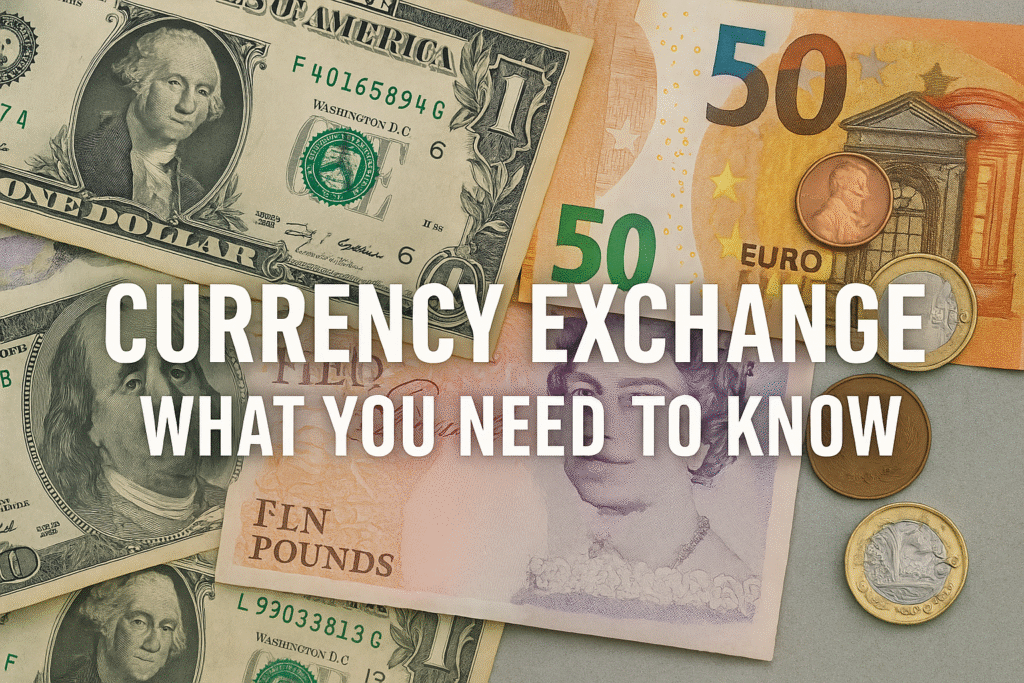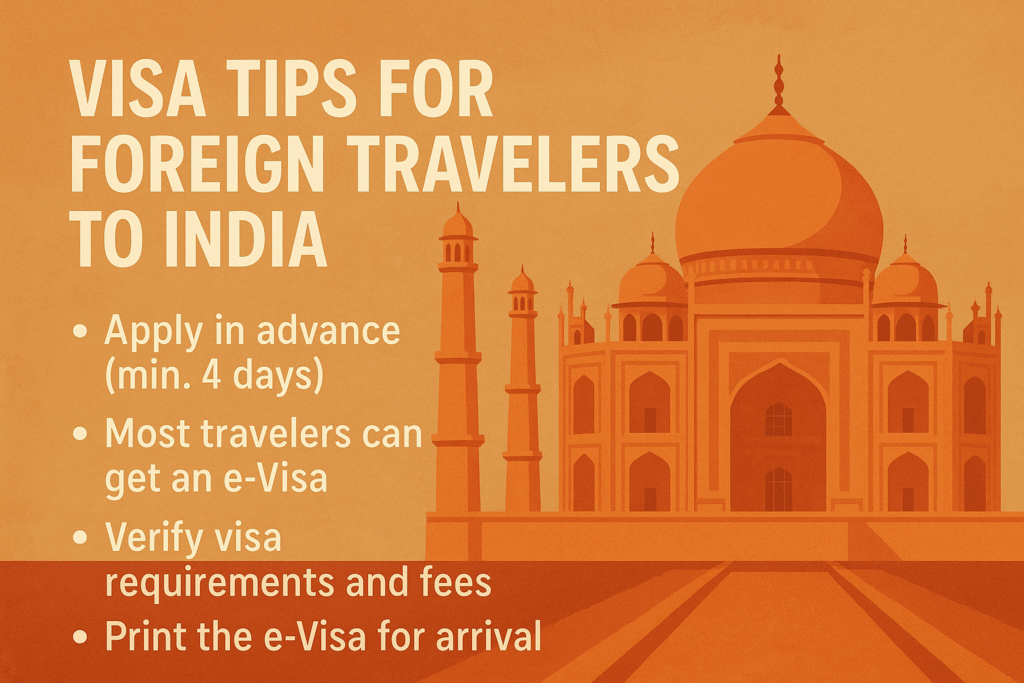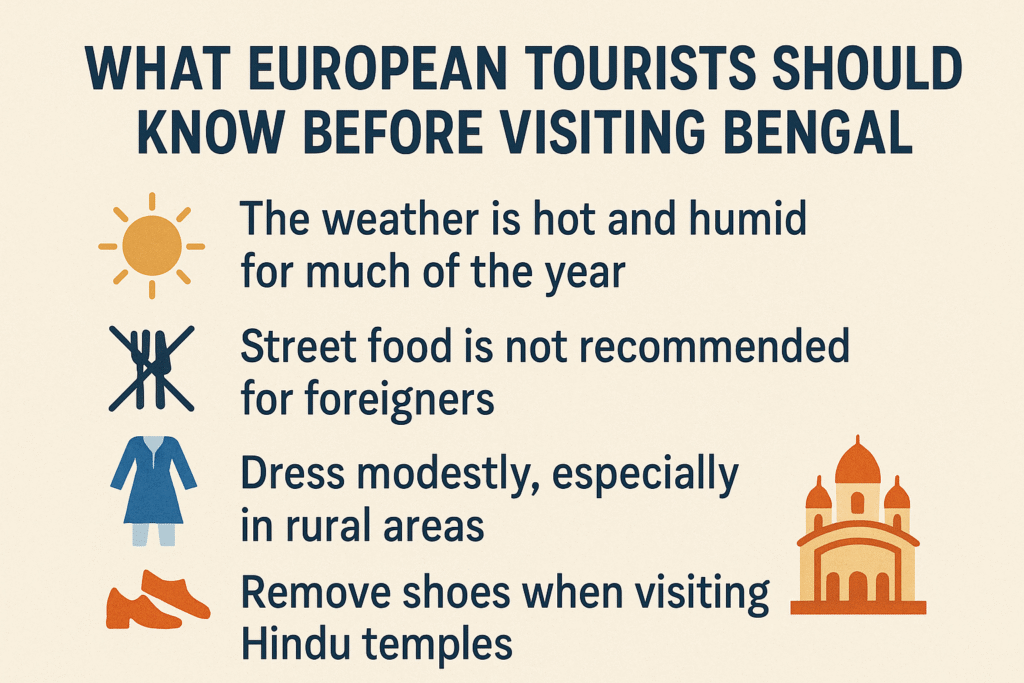💱 Currency Exchange: What You Need to Know Before Traveling to India (2025 Guide)
New to India? Here’s what you need to know about currency exchange—rates, safety tips, best places to convert money, and payment options. By TheIndiaTourism.in.
🧭 Introduction: Travel Smart, Spend Smarter
Whether you’re visiting India for a spiritual retreat, a cultural tour, or a wildlife safari, knowing how to handle currency exchange can save you money and stress. This 2025 guide breaks down what you need to know about currency exchange in India—perfect for first-time foreign visitors planning a trip through TheIndiaTourism.in.
🇮🇳 1. India’s Currency at a Glance
-
Official currency: Indian Rupee (INR)
-
Common denominations:
-
Coins: ₹1, ₹2, ₹5, ₹10
-
Notes: ₹10, ₹20, ₹50, ₹100, ₹200, ₹500, ₹2000 (Note: ₹2000 note is being phased out)
-
📌 Current exchange rate (approx.):
1 USD ≈ ₹82 | 1 EUR ≈ ₹89 | 1 GBP ≈ ₹104 (Check daily updates on XE.com or Google)
💱 2. Best Places to Exchange Foreign Currency in India
| Location | Pros | Caution |
|---|---|---|
| Airport kiosks | Fast & convenient | Slightly higher rates |
| Authorized money changers | Good rates, legal receipts | Always check license |
| Banks (e.g., SBI, ICICI) | Secure and reliable | Limited hours, slow service |
| Hotel front desks | Easy in remote areas | Poor rates, only small amounts |
| ATMs (using international cards) | Great for direct INR withdrawal | May include foreign exchange fees |
✅ Always count the money and keep the receipt after exchange.
🛑 3. Places to Avoid for Currency Exchange
-
Street vendors or touts
-
Unauthorized kiosks near tourist attractions
-
Anyone offering rates that seem “too good to be true”
📢 Never hand over your passport or credit card to unverified individuals.
🧾 4. Documents You’ll Need
-
Valid passport
-
Visa copy or entry stamp
-
Original foreign currency or valid international card
-
Some locations may ask for flight tickets or itinerary
🔐 Keep copies of exchange receipts in case you want to reconvert INR before leaving.
💳 5. Digital Payments & Credit Cards in India
-
Widely accepted: Visa, MasterCard, Amex
-
Contactless cards and NFC-enabled wallets (Apple Pay, Samsung Pay) accepted in metro cities
-
Domestic UPI apps (like GPay, PhonePe) can now be used by some foreign tourists via international UPI onboarding
✅ Always carry some cash for small shops, temples, and rural areas
📉 6. Avoiding Hidden Charges & Poor Rates
| Tip | Why It Matters |
|---|---|
| Avoid dynamic currency conversion (DCC) | DCC charges high hidden fees |
| Use ATMs with low foreign transaction fees | Saves ₹200–₹400 per withdrawal |
| Withdraw larger amounts at once | Avoid multiple ATM charges |
| Use currency converter apps | Compare live rates and calculate costs |
📦 7. Exchanging INR Back to Foreign Currency
-
You can reconvert unused INR at the airport (with receipt)
-
Max limit: ₹50,000 for foreign tourists
-
Exchange leftover INR before immigration at departure airport
📌 Leftover cash can also be used for airport snacks, cabs, or last-minute shopping
🔗 Suggestions
❓FAQs – Currency Exchange: What You Need to Know
Can I use US Dollars or Euros in India?
No. Only INR is accepted for purchases. You must exchange your currency before spending.
What’s better—cash or card?
Carry a mix. Use cards for hotels and transport, and cash for local markets, temples, and rural travel.
Is it safe to use ATMs in India?
Yes—use bank ATMs in secure areas (airports, malls, hotel zones). Avoid isolated ATMs at night.
🌼 Conclusion: Smart Currency = Stress-Free Travel
Currency exchange doesn’t have to be confusing. When you know what to expect, where to go, and what to avoid, you can enjoy your Indian journey with clarity and confidence. Let TheIndiaTourism.in guide your experience from the airport to the ashram—with every rupee well spent.


